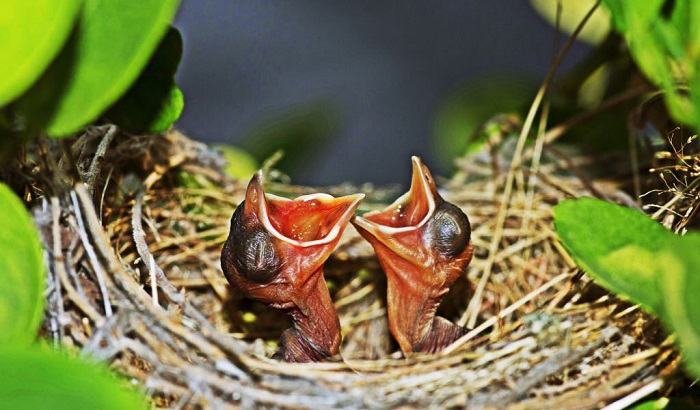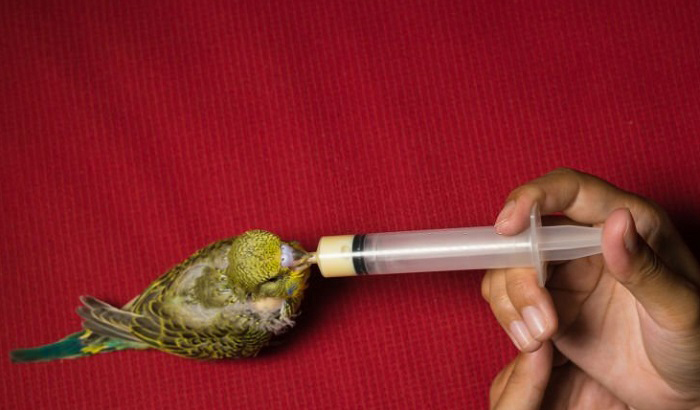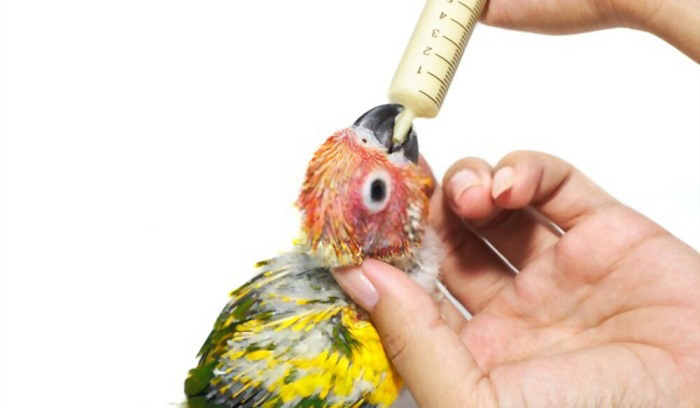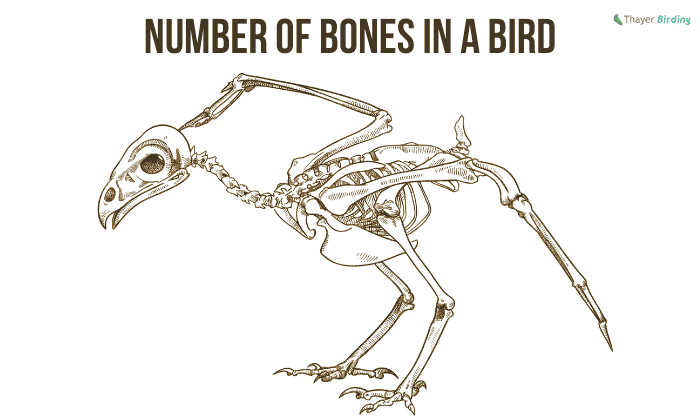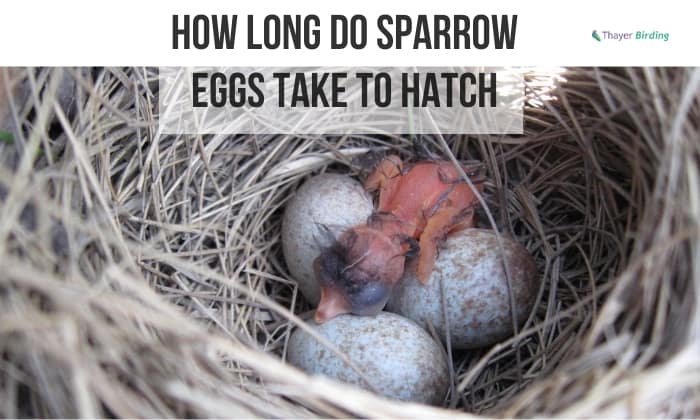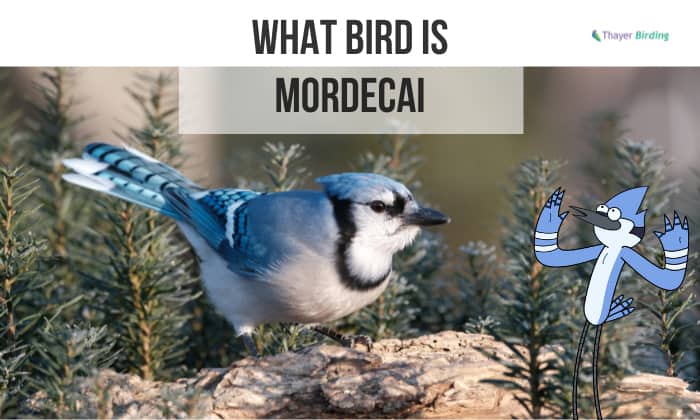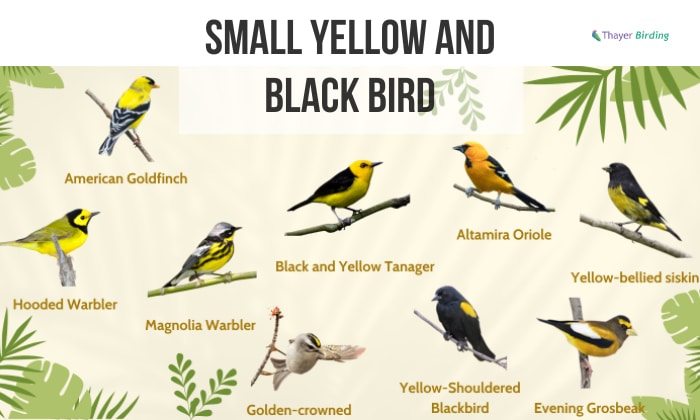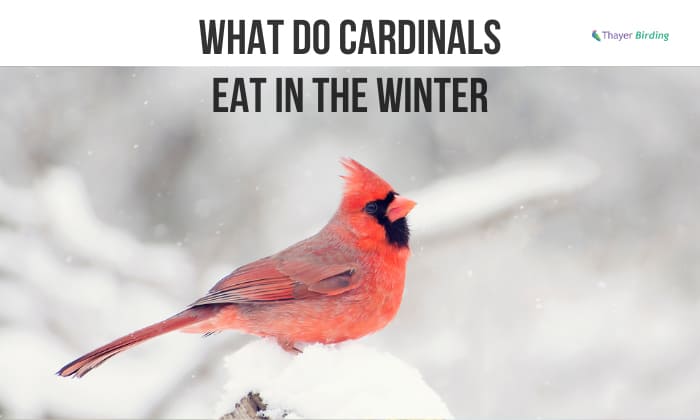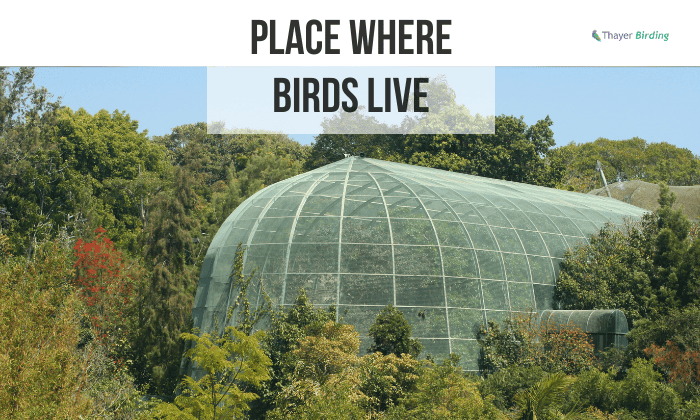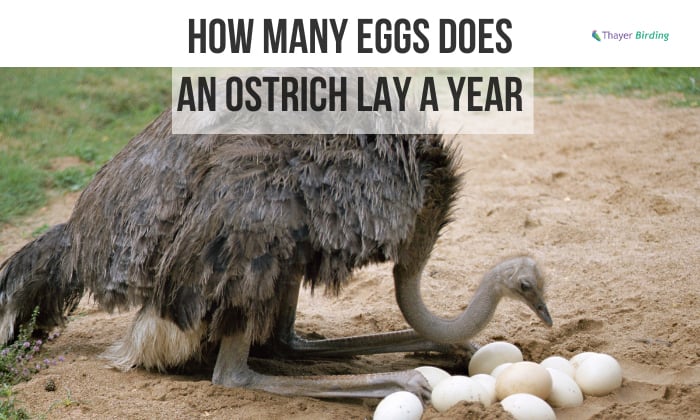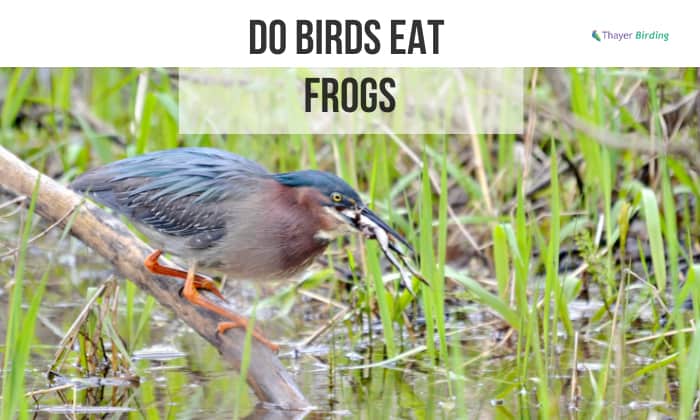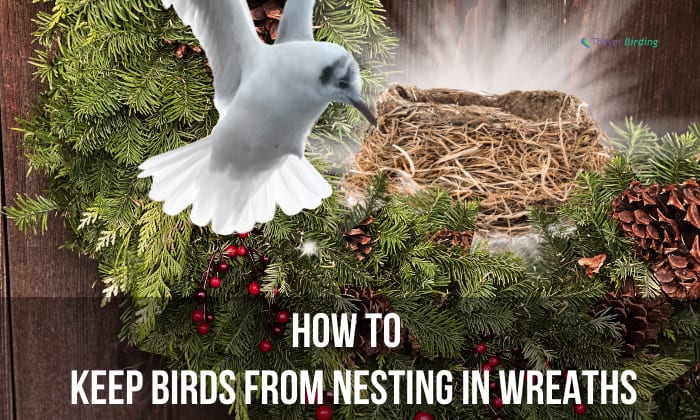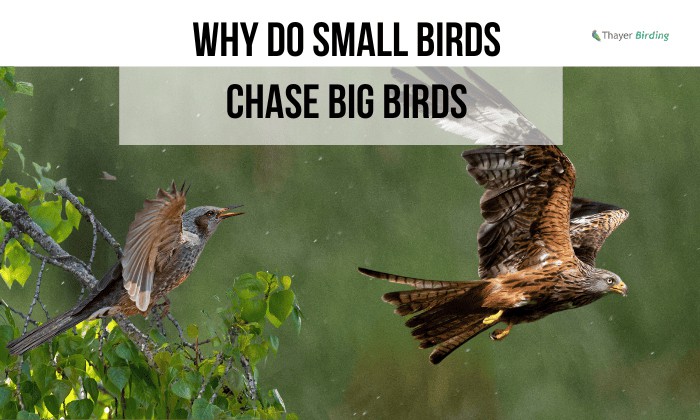If you’re a pet owner, it’s important to know how often should you feed a baby bird. This responsibility is not easy, especially since you need to put food on the bills between 6-10 times per day. Good news is, the number of feeding frequency decreases as the young passerine grows older.
The most important thing is you stick to the feeding schedule. Use appropriate and safe foods for feeding only. And always use the right tools to administer them.
Table of Contents
What You Need to Know About Baby Bird Feeding Schedule
Being a pet bird parent is not easy. It’s quite challenging, but absolutely rewarding to raise a baby bird on your own. The good thing is when you regularly hand-feed baby passerines, they become used to humans.
However, you need to know that complete dedication is required in raising a baby avian. Hatchlings and fledglings eat multiple times a day, as many as 10 times daily. So your heart needs to be in the right place in order to do this right. More importantly, you need to know where to keep the baby birds in your home.
1. Best Place In Your Home To Feed Baby Birds
To properly and safely feed a newborn bird, you must choose a location in your home with the right temperature.
- Newborn birds – requires over 50% relative humidity.
- Hatchlings – must stay in a location with a temperature of 35-36 degrees Celsius.
As the feathers of the baby birds develop further, they become more tolerant to the varying temperature.
2. Feeding Schedule Of Baby Birds
Knowing the correct baby bird feeding schedule is crucial to the survival of your pet songbird. For newborn birds, you need to follow a strict 2-3 hours interval of feeding the hatchlings.
While their eyes are still shut, feed the young birds 5-6 times a day at 3-4 hours intervals.
As the baby birds grow, you can decrease the feeding time to half the original frequency (twice or thrice a day only).
Knowing how many times do baby birds eat a day, you can finally relax. Once the feathers have fully grown and the newly hatched stage is over, young passerines don’t need to eat from 10pm to 6am.
And so once your pet bird is a juvenile, they can have the same feeding schedule as you do. At this point, you won’t have any problems remembering the feeding timetable.
3. Using A Bird Brooder For Your Pet Chick
To make things easier in terms of placing your pet chick in the right room temperature and allowing it to thrive, it’s best to use a bird brooder. This product is perfect for young passerines until they’re six weeks old.
A brooder keeps young birds warm, and you can also place a light bulb on top to adjust the temperature.
But make sure that no pet cat or dog can access the brooder. It’s ideal to keep the young passerine in a separate room.
4. Foods To Feed & Not To Give Baby Birds
After you learn how often do baby birds eat, you need to know what foods are good for young passerines. Keep in mind that meals for adult birds may not be the right foods to feed baby birds.
You can give the following to young avians.
- Hard-cooked eggs
- Moistened dog food
- Dampened pet kibble
- Moistened pet biscuits
- No flavoring raw liver
- Sunflower hearts
- Peanut granules
The foods that you give the baby bird must always be fresh. Keep them at 102-106 degrees Fahrenheit. Always remember that meals that are too hot or too cold are bad for the health of young passerines.
There are multiple feeding tools. The best one to use is a plastic syringe, without the needle, of course. With the use of this tool, you can feed a baby avian with watered-down pet foods. Also, you can use plastic tweezers, chopsticks, small forceps, and tiny spoons.
Furthermore, there are certain foods that must never be given to chicks. These are:
- Whole birdseed
- Worm
- Pastry
- Water
- Bread
- Milk
- Hulled nuts
- Kitchen scraps
Signs That Feeding Is Done Right Or Wrong
Now that you know how often do baby birds need to eat, it’s time to figure out if you’re doing things right. The best indication that your feeding process is correct is the obvious healthy appearance of your young pet bird. If the chick is growing in size and the feathers are developing well, then you’re doing a great job.
However, if your feeding schedule and process are not right in any way, then there are signs to look for.
- Food rejection – If you’re wondering do baby birds eat at night, the answer is yes. So if the baby bird refuses to eat at any time, then that’s a sure sign that something is wrong with the feeding system.
- Abnormal poop – If the baby bird does not poop often or there is only a very small amount of poop, then it’s time to consult a vet.
- Frequent chirping – Young passerines chirp when they’re hungry. So if the chirping continues even after feeding, then your new pet may not be getting the right amount of food.
- Declining weight – By following the correct feeding schedule and using the right foods, the baby bird is supposed to grow. But if the body mass is declining, that means an improper feeding process.
- Restlessness – Not being able to rest is a clear sign of incorrect feeding. If your pet chick is not sleeping, then it could be feeling unwell, hungry, or sick.
- No bobbing head – Baby birds are usually happy when being fed. They bob their heads when they enjoy their meals. But if the young passerine does not perform this happy act, then the food is not satisfactory.
If one or all of the symptoms are present in your pet baby bird, then you must contact a veterinarian right away. A professional can surely help you figure out what you’re missing.
Practical Tips in Raising a Baby Passerine
You can certainly make use of some practical tips in caring for your pet chick.
- Keep the food moistened but not watery to prevent a severe choking incident. Simply soak the pet foods, kibble, or biscuits, and remove them from the water prior to feeding.
- Cut fruits, vegetables, hard-cooked eggs, raw liver, and sunflower hearts into small pieces before feeding the baby bird.
- Always disinfect feeding tools after using them. And clean the bird brooder regularly too.
Most importantly, never prepare the baby bird food in advance to avoid acquiring bacteria and germs.
Conclusion
Taking on the huge responsibility of raising a pet chick is not easy. Now you know how often should you feed a baby bird to make the task less scary.
We hope you learned from this post and enjoyed reading it. Kindly share this to your friends to spread this information widely. Also, leave us your thoughts and new ideas.
Moreover, you also can check more other topics about bird behavior:
- The time of bird gestation period.
- How long does it spent for bird eggs to hatch?
- The time baby birds leave the nesting.

George and I became friends after a birdwatching trip with our new group. And we have been enjoying every adventure together. When he told me the idea of establishing a site that shares our experiences and fun, I immediately agreed. After trials and errors, here we have Thayerbirding.


